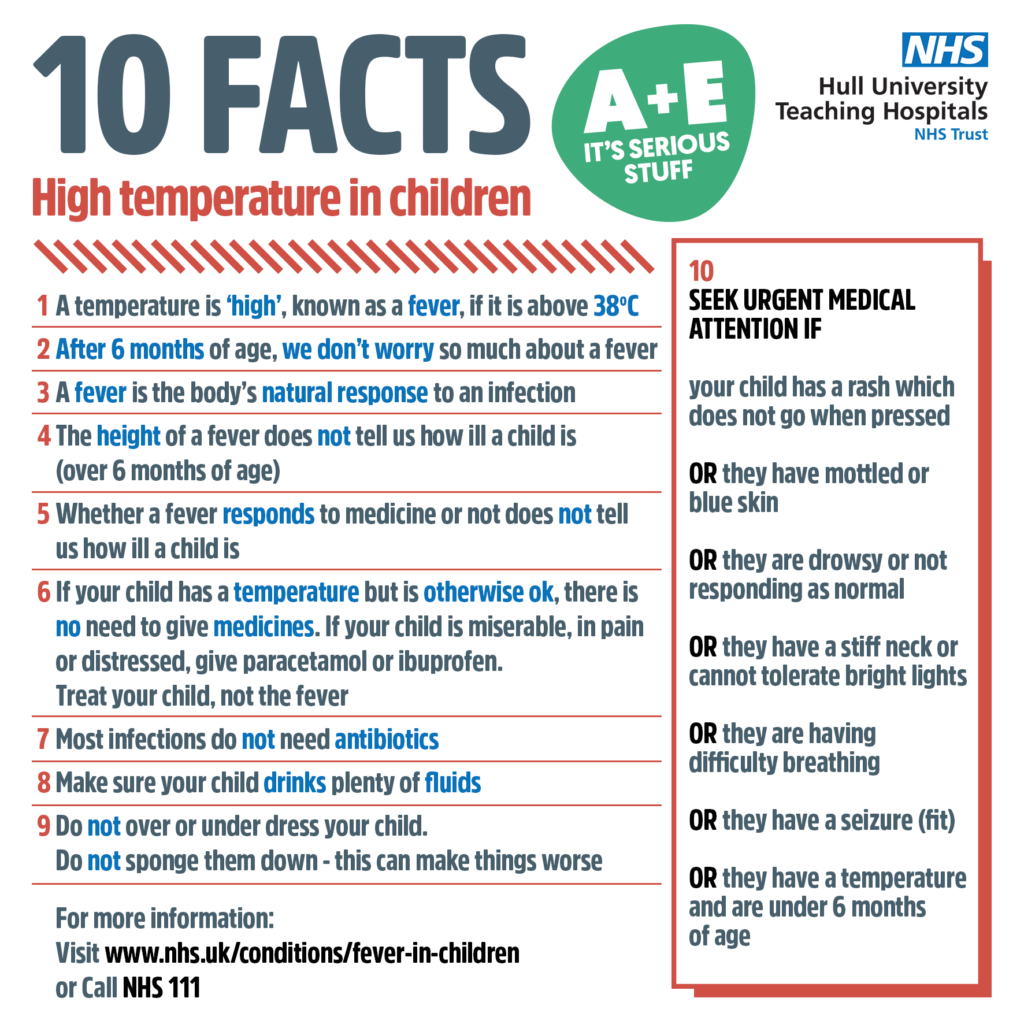Understandably for parents the health and happiness of your child will be your utmost priority. We at the Atherstone surgery wish to help you keep your child in the best health possible.
Childhood Immunisations
One of the most important things that a parent can do for their child is to make sure that they have all their routine childhood vaccinations. It’s the most effective way of keeping them protected against infectious diseases.
Please click on the link below to view the childhood Immunisations section of our website full of useful information and advice to help your child get their needed immunisations.
Better Health – Better Start to Life
The Department for Education (DfE), in partnership with the Department for Health and Social Care (DHSC) launched the “Better Start for Life” campaign. This is an ongoing campaign is aimed at helping parents through pregnancy and beyond with everything from Breastfeeding to helping your toddlers learn and develop.
There are a variety of modules to this campaign. Please click on the links below to seen how they can help you and your child.
Childhood Illnesses
There is a good guide on the NHS website which describes various conditions affecting children. There is advice on how to diagnose them, how to treat them and if further advice should be consulted.
NHS childhood illness slideshow
When Should I Worry?
Having an ill child can be a very scary experience for parents. If you understand more about the illness it can help you to feel more in control. This booklet is for parents (and older children) and deals with common infections in children who are normally healthy.
Conditions and Treatments
See the NHS Conditions and Treatments browser for an in-depth description of many common health issues.
These links all come from trusted resources but if you are unsure about these or any other medical matters please contact your doctor or pharmacist for advice
Head Lice
Head lice are insects that live on the scalp and neck. They may make your head feel itchy. Although head lice may be embarrassing and sometimes uncomfortable, they don’t usually cause illness. However, they won’t clear up on their own and you need to treat them promptly
Nosebleeds
Nosebleeds (also known as epistaxis) are fairly common, especially in children, and can generally be easily treated.
Fevers
Most symptoms of a fever in young children can be managed at home with infant paracetamol. If the fever is very high, they may have an infection that needs treating with antibiotics.

Useful Services
There is a variety of services and Apps out there designed to help parents and their children. Please take a look at the links below to see if some of these services can help you.